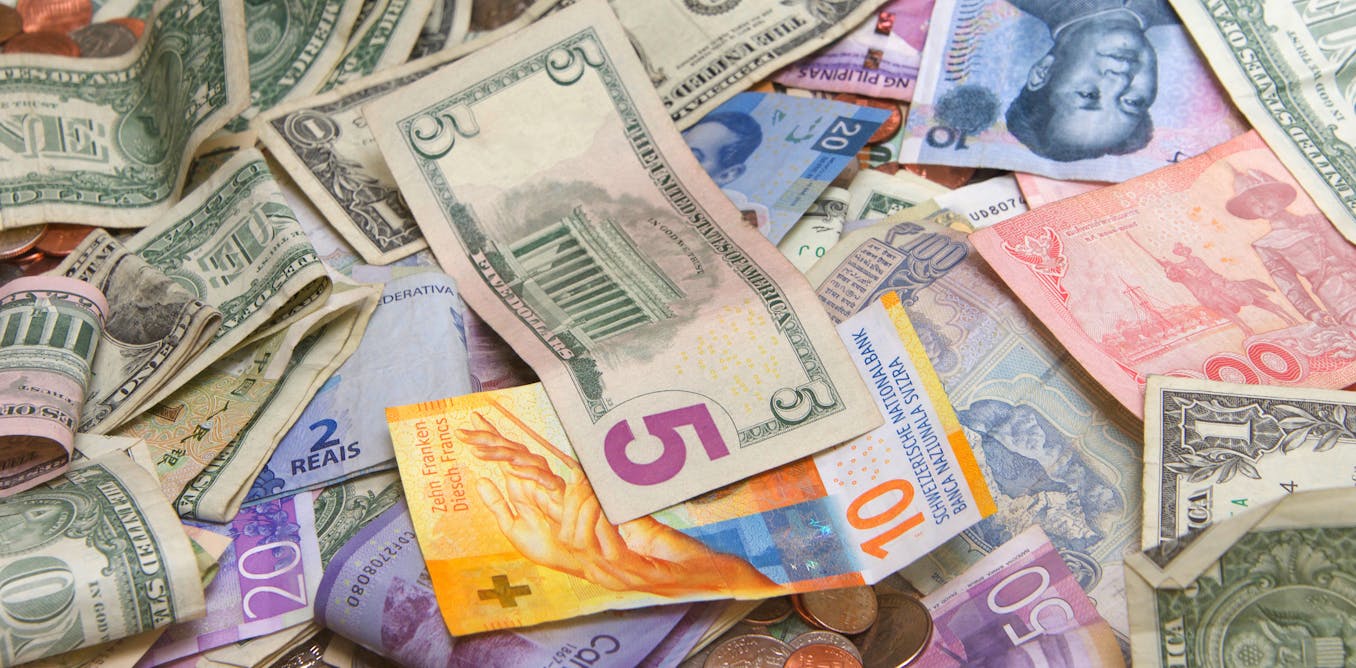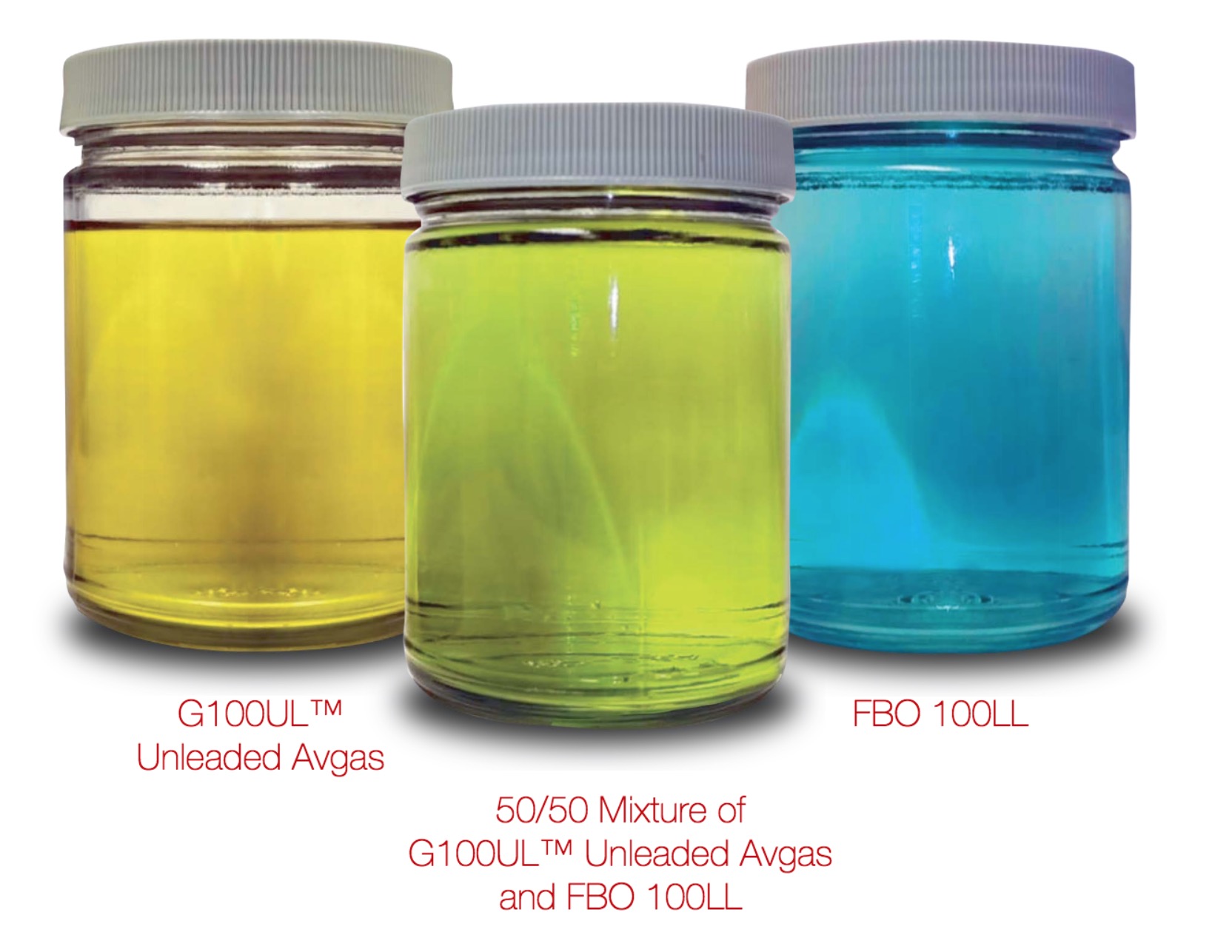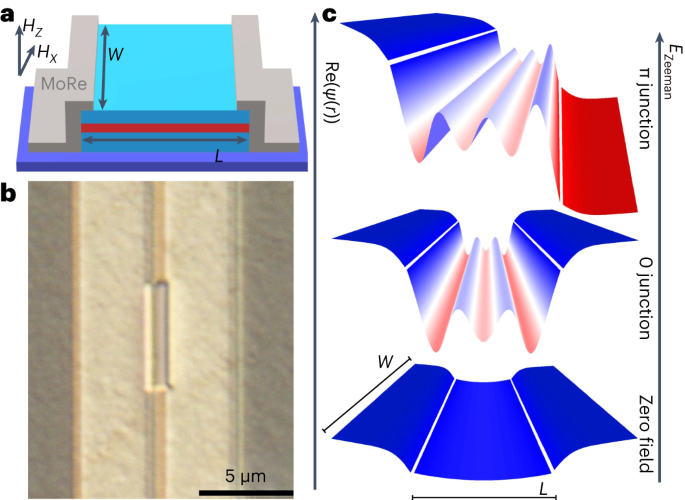
The forgotten psychological cost of corruption in developing countries
Smriti Sharma has received/receives funding from Global Challenges Research Fund (GCRF), Ministry of Foreign Affairs of Denmark, UNU-WIDER and International Growth Centre (IGC). She is also affiliated with IZA and Global Labor Organization (GLO).
Saurabh Singhal has received/receives funding from the British Academy, Ministry of Foreign Affairs of Denmark, UNU-WIDER and IGC. He is also affiliated with IZA, Bonn and the Households in Conflict Network (HiCN).
Finn Tarp does not work for, consult, own shares in or receive funding from any company or organization that would benefit from this article, and has disclosed no relevant affiliations beyond their academic appointment.
Corruption is a crime which slows economic growth, undermines development, and causes inequality. With a cost to the global economy estimated at around US$2.6 trillion (£1.8 trillion) a year, it is often linked to politics and profiteering by large corporations. The Panama Papers, for example, exposed the vast and powerful reach of the financial secrecy industry.
But a large volume of the corruption in developing countries operates through “grease money” – informal cash payments to local government officials. This involves people regularly handing over payments for access to everyday public goods and services such as electricity, driving licenses and medical care.






















